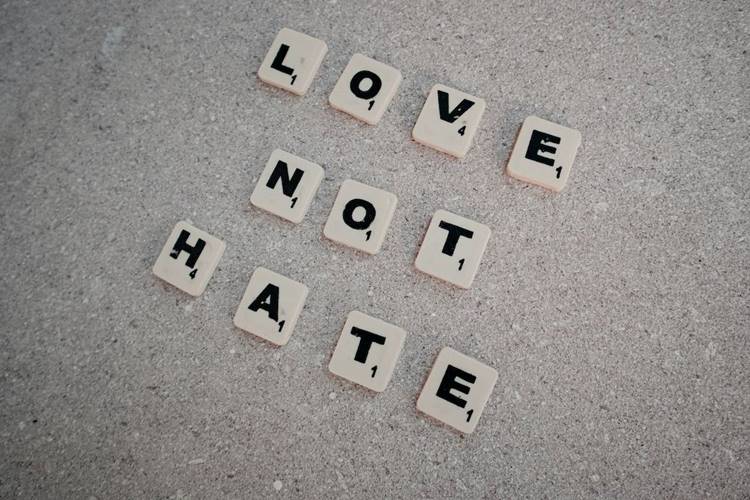How Hate Crimes May Affect Bail
A “hate crime” is typically defined as a criminal act motivated not by greed, desperation or momentary passion, but instead by deep-seated bias against a person because of their race, religion, sexual orientation, ethnicity, age, nationality or personal or political beliefs. There are myriad laws on the books in Broomfield County and throughout Colorado – and indeed throughout the United States – designed to address this specific type of crime. In some cases, those laws include increasing, or even eliminating bail for persons accused of committing a hate crime. In this post, the team at Urban Bail Bonds will examine the potential effects of hate crime charges on bail.
What Constitutes a Hate Crime in Broomfield?
Much time and effort has gone into defining hate crimes so that the perpetrators can be identified and held to account for their ghastly and intolerant behavior. In Colorado, an action must satisfy the following criteria in order to be classified as a hate crime:
- The actions, threats or force employed by the accused must be intended to oppress or intimidate the victim.
- The alleged crime must be motivated in whole or in part by a personal bias the accused harbors toward the victim due to their race, religion, sexual orientation, age, ethnicity, nationality or other personal characteristic.
If it is determined that an alleged crime meets those criteria the potential penalty and/or sentence associated with the act is increased according to the law. In Colorado, that means a fine of anywhere from $300 to $1,000 and jail time ranging from 10 days to 1 year in jail for misdemeanor hate crimes. Should a felony be deemed a hate crime the accused may face up to 3 additional years in prison and greatly increased financial penalties.
Defining a Hate Crime in Colorado
The Colorado General Assembly stipulates that crimes motivated by bias against a person’s personal characteristics, beliefs or lifestyle are hate crimes that constitute a grave threat to public safety and should be subject to vigorous prosecutorial efforts and significant sanctions.
A person is deemed to have committed a hate crime if they knowingly cause bodily injury to another based solely on their bias against that person, or if they by word or conduct, expose that person to the threat of physical harm or harm to their property, or if they knowingly damage that person’s property.
When determining sentencing for someone convicted of committing a hate crime the court considers all typical sentencing guidelines plus additional considerations specifically reserved for hate crimes. Those may include:
- Compelling the offender to commit to (and usually pay for) a period of community service designed to benefit the community at large while enhancing their understanding of the harm they caused the victim.
- In some cases, the victim may request restorative justice be implemented whereby offender and victim are reconciled through a face-to-face meeting or series of meetings that may also include members of the community. Restorative justice often includes financial settlements, apologies and personal amends.
How Hate Crime Charges Affect Bail
If you or a loved one is accused of committing a hate crime any bail amount will take into consideration the nature of the crime and include a hate crime premium. This size of the bail enhancement can be considerable: way beyond anything one would reasonably expect for a similar offense that did not have a personal bias component attached to it.
Judges have been known to impose bail amounts reaching into 6 figures or, depending on the nature of the crime, to deny bail altogether for those accused of hate crimes. Factors weighing on the bail decision include:
- The type of crime, whether the victim was physically harmed
- The criminal record of the defendant (if any)
- Whether or not the level of bias exhibited by the accused makes them likely to commit similar crimes if released
Once bail has been set (that is, IF the judge does not refuse bail) it’s important that you contact a bail bond agent to discuss your options. Remember, the bail bond company does not have to agree to work with anyone. And if they determine the nature of the crime involved was particularly heinous they can, and sometimes do, turn people down.
If they agree to work with you, you will probably need to reach out to others to find a co-signer for the bail bond. That is because the hate crime premium is likely to be substantial. Once you find a co-signer and the proper arrangements are made the bail bond company will issue a bond and you will be released, although there are likely to be significant conditions attached to your release that will need to be honored.
For Affordable 24-Hour Bail Bonds, Contact Urban Bail
If you were arrested for any reason and need help securing affordable bail bonds contact the Urban Bail Company at (303) 736-2275.

